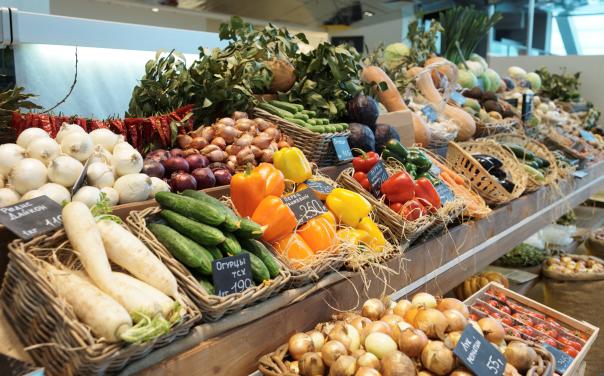COP30 Diets Toolkit helps Governments introduce plant-forward policies

The ‘Diets Toolkit’ produced by ProVeg International, Climate Focus and WWF, in collaboration with food systems and policy experts helps policymakers identify the right policy package for their country.
The UN’s Intergovernmental Panel on Climate Change (IPCC) recommends reducing meat and dairy consumption and shifting toward more plant-based diets to mitigate climate change. Policies that the toolkit encourages Governments to consider include:
- The introduction of more plant-based food into schools, hospitals and other public places.
- The adaptation of national dietary guidelines to encourage healthier and more sustainable food choices to guide official health and nutrition policymaking.
- Using subsidies and other financial instruments to increase the production and sale of plant-based foods.
The guide makes clear from the outset that there is no ‘one-size-fits-all’ approach to what Governments should do to reduce emissions and curb the destruction of the natural world whilst improving the health of people.
Stephanie Maw, senior UN policy and advocacy manager at ProVeg International, said: “There is certainly no silver bullet for this, because no single definition of a healthy and sustainable diet is applicable to all countries.
“The toolkit highlights a wide menu of concrete and effective policies that Governments can put in place to align diets with climate and health goals. Different social and cultural habits as well as varying geographies and economies dictate that policies must be tailored to the needs of individual countries.”
The globally influential EAT-Lancet Planetary Health Diet backs up the evidence for introducing more plant-rich food in order to sustainably feed the projected ten billion people on the planet by 2050.
Joao Campair, global food & agriculture leader at WWF added: “If we are to bring food-based greenhouse gas emissions within a viable carbon budget we need a full plate of solutions, from farm to fork. Adopting healthier and more sustainable diets is one of the most impactful.
"More commitments are being made but the time now is for action – Governments, food manufacturers and retailers must all step up and invest in making healthy and sustainable food more attractive, available and affordable. It’s a critical investment in our future and one we can’t keep delaying.”
